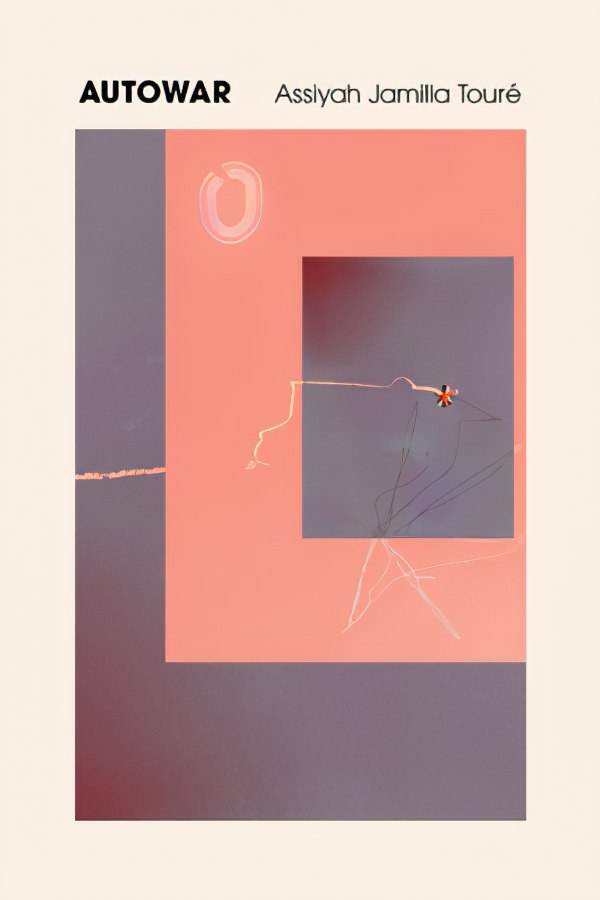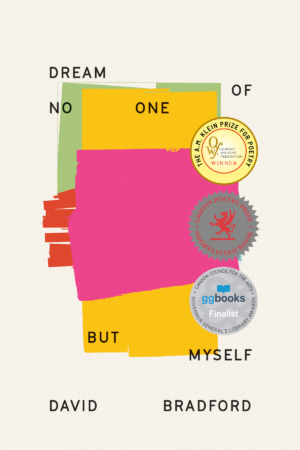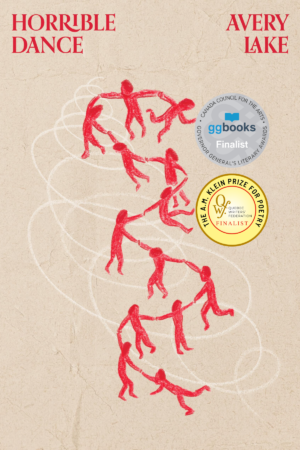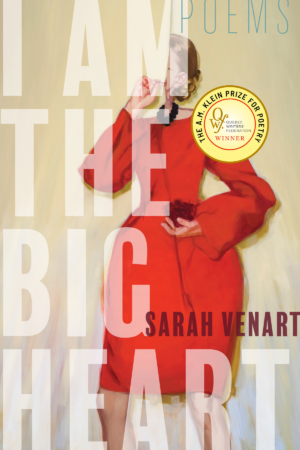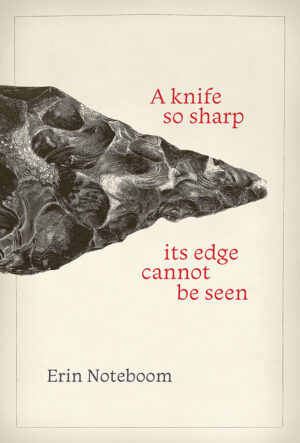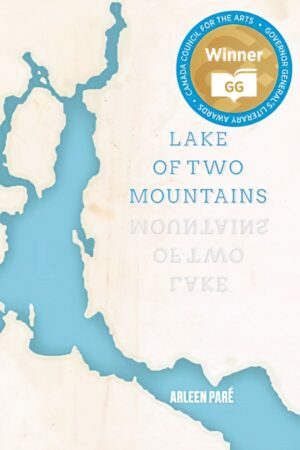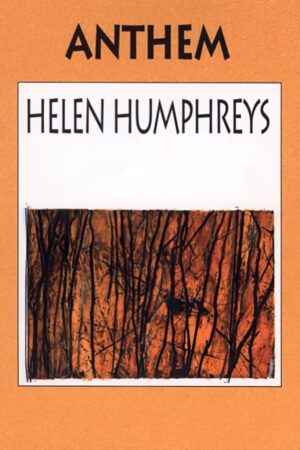Autowar by Assiyah Jamilla Touré
$12.00 – $20.00Price range: $12.00 through $20.00
Longlisted 2022 Gerald Lampert Memorial Award
Longlisted 2022 ReLit Awards
22 Debut Canadian poetry collections to read, CBC 2022
A visceral, vital, unblinking debut collection of poems exploring kinesthetic memory and longing, inherited violence, and the body as a geographical site.
8.75 x 5.75 Inches | 64 Pages
Publication Date: Nov. 1 2021
Trade Paperback ISBN: 9781771315630
Trade Paperback $20.00 | |
EPUB + PDF $12.00 |
We’re often told that we are given only what we can bear. For some of us our first lessons are in how much pain we’re made to think we deserve — and the resulting scars are always meant to be kept secret. Assiyah Jamilla Touré’s debut collection is a record of those scars—not those inflicted on us by the thousands of little wars we live in everyday, but those that come afterwards, those we inflict upon ourselves to mark the path.
Each and every poem in Autowar was written on a cell phone, transcribing an urgent revisiting of old sites of pain, and also a revisiting of one young person’s power and ability—to hurt themself, or others. These poems are powerful evocations of how even our scars have worlds and lives.
Praise for Autowar:
“Assiyah Jamilla writes with a unique genius that only belongs to those spirits of epochal change. Poems that are all at once a physicist’s altar, a musician’s trance, a reporter’s gun. Our current definitions of the most sacred facets of the human journey cannot keep up with the phenomenal-architectural demands of this work. Read these poems to witness an enlightenment begin again.” — Tongo Eisen-Martin, author of Heaven Is All Goodbyes
“Assiyah Jamilla Touré’s debut poetry collection Autowar catalogues the daily wars we face and how we continue to live even when marked by pain. With language reminiscent of Aisha Sasha John’s hard-hitting performance poetics, Touré takes readers through cycles of wounds and scars with a sense of immediacy. We stay in motion, despite our wounds and pain.” — Manahil Bandukwala, Hamilton Review of Books
“Throughout this collection, trauma, experience, and the self are continually reexamined and recontextualized. Touré pays careful attention to the way the world impacts us, to how our experiences become incorporated into our flesh. At its core, Autowar embodies the cycle it describes, ever devouring itself and birthing something new.” — Catherine Harris, PRISM
“The poems in Autowar investigate wounding and its relationship to both language and the poem. Throughout the book, wounds create a hunger that cannot be satisfied, even as the speaker seeks peace in poetry, theory, and human relationships.” — Andre Babyn, Canadian Literature
Cover image by Ayo Tsalithaba.
Press Coverage:
22 debut Canadian poetry collections to read for National Poetry Month — CBC
About the Author
Assiyah Jamilla Touré is a multidisciplinary artist of West African descent. They were born and raised on Skwxwú7mesh land and lived for many years in Kanien’kehà:ka territory (Montreal) and are now based on the lands of the Mississaugas of the Anishinaabe, the Haudenosaunee Confederacy and the Wendat (Toronto). In 2018 their chapbook feral was published by House House Press. Autowar is their first full-length collection.

